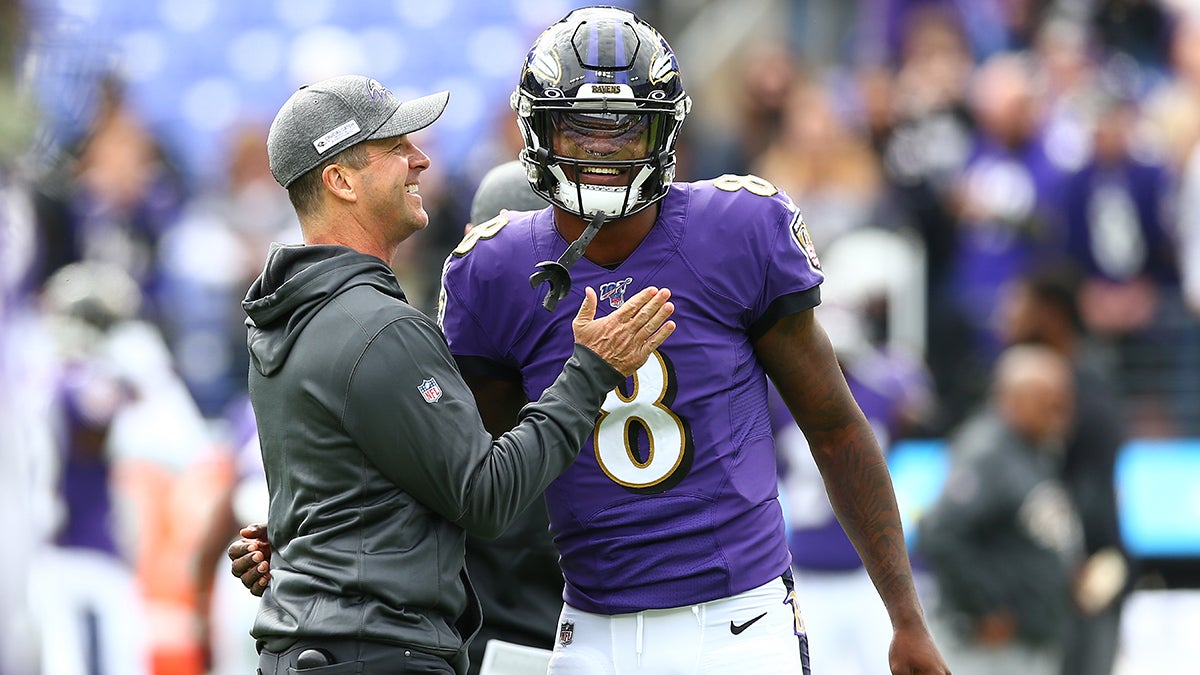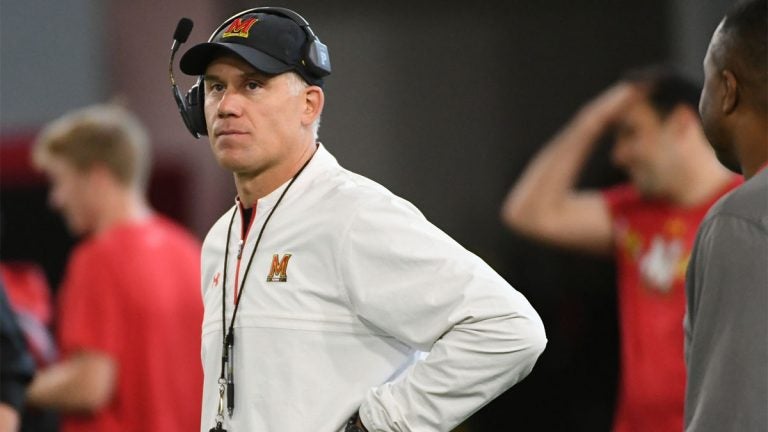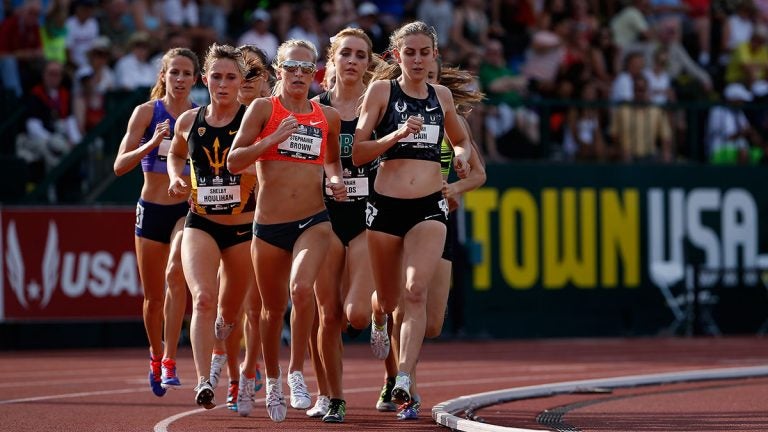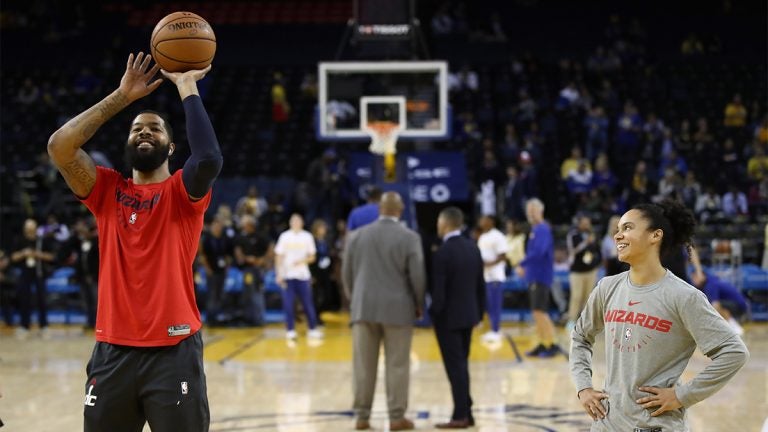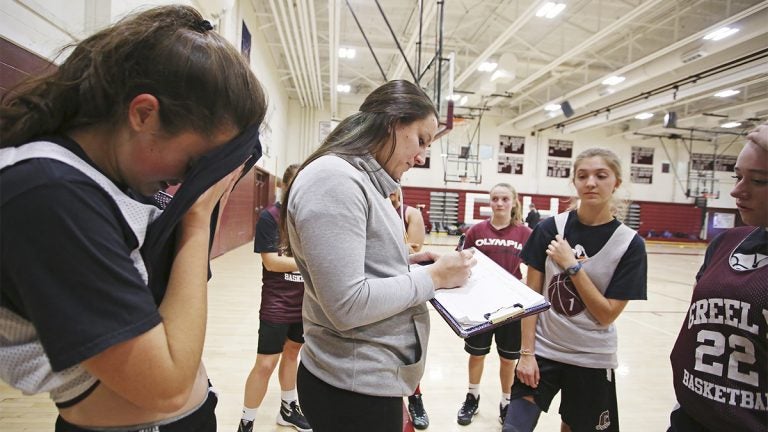Supportive coach-player relationships can lead to better results
Why this matters
Coaching styles can affect athletes' performance, satisfaction, motivation and longevity.
2016 Heisman Trophy winner Lamar Jackson finished his collegiate career at Louisville as arguably one of the most entertaining and electrifying players in the history of college football.
But when Jackson entered the 2018 NFL Draft, he was told he didn’t have what it took to be an NFL quarterback. Instead, critics said, he should play running back.
The previous seven Heisman-winning quarterbacks were first-round picks, but Jackson nearly fell out of the first round before the Baltimore Ravens ultimately selected him.
Fast-forward to this season: Jackson has taken the league by storm and led the Ravens to a 10-2 record and current No. 1 standing in the AFC. But it took Ravens head coach John Harbaugh restructuring the entire team around Jackson’s unique playing style.
People have taken note of the special relationship between Harbaugh and Jackson, and some credit it for the Ravens’ stellar season. Harbaugh’s approach shows how impactful the coach-athlete relationship can be on individual athlete and team success, as explored in research by Geneviève A. Mageau and Robert J. Vallerand.
According to Mageau and Vallerand, “the quality of [the coach-athlete] relationship is a crucial determinant of athletes' satisfaction, motivation and improved performance.”
Their study delves into “autonomy-supportive” coaching and how it has a positive effect on athletes’ self-determined intrinsic and extrinsic motivation, compared to more controlling coaching methods.
Autonomy-supportive coaching is “about giving players more choice, there’s more of an emphasis on self-initiation, and independent problem solving and so on,” wrote Mike Quirke in the Irish Examiner. “Essentially, players feel that they have a greater sense of control over what they are doing and how they are doing it and as a result are more motivated to do it better.”
Autonomy-supportive coaching behaviors include giving athletes choice and opportunities to take initiative, acknowledging athletes’ feelings and views, and avoiding practices that pit athletes against each other.
Furthermore, psychology studies show that athletes who experience autonomy-supportive coaching “displayed greater levels of psychological and physical well-being, self-determined motivation, sport persistence and adherence, enjoyment, and positive appraisal for their sports participation.”
Researchers suggest a number of key practices that would help a coach become autonomy-supportive:
- Provide choice – allowing athletes to make decisions about some aspects of a training session.
- Provide a rationale for tasks, limits and rules – explaining the reasons behind key coaching decisions.
- Inquire about and acknowledge athletes’ feelings – getting to know athletes as people first and athletes second; acknowledging that some training drills may be repetitive or tedious.
- Promote athlete responsibility – allowing athletes to create and deliver a training drill.
- Provide non-controlling competence feedback – having constructive feedback that is solution-focused rather than problem-focused.
- Avoid guilt-inducing criticisms and controlling statements – providing critiques that focus on the behavior, not the athletes’ character.
- Limit ego involvement – encouraging athletes to improve their own performance, avoiding intra-team rivalries and social comparisons.
If coaches are interested in both athletes’ performance and their general well-being, it may be worth exploring more autonomy-supportive coaching methods, as modeled by Harbaugh and Jackson. By letting Jackson be himself, Harbaugh shows the potential of autonomy-supportive coaching behaviors for athlete and team success. Moreover, the positive effects of this method may create athletes who have more longevity and persistence. Only time will tell.
Marco Quezada is a senior sports journalism major at Arizona State University
Calah Schlabach is a master of mass communication student at Arizona State University

